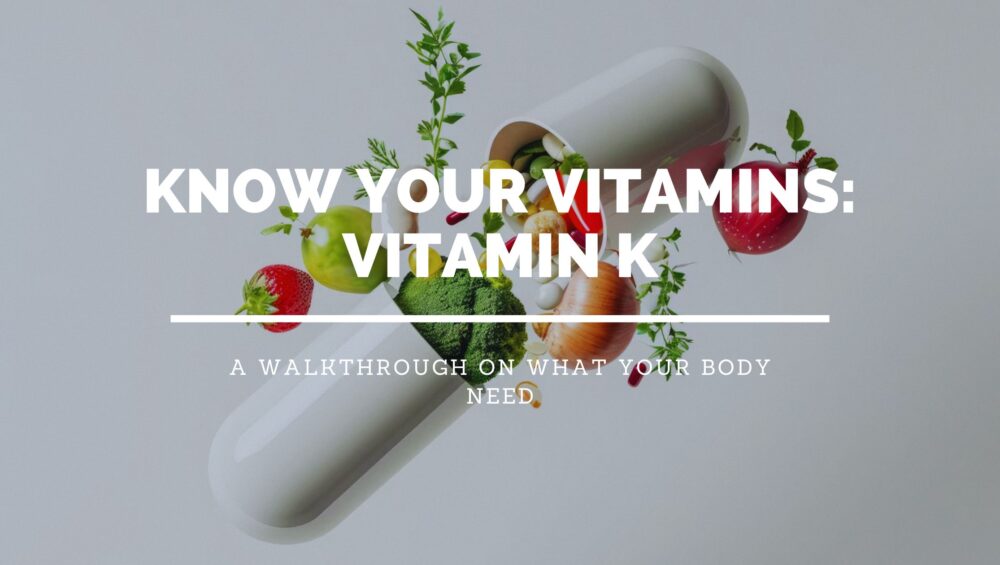Free Standard shipping
Free Standard shipping

Vitamin K is a fat-soluble vitamin stored in the liver and other body tissues, including the brain, heart, pancreas, and bones. Known as the “clotting vitamin,” it is essential for normal blood clotting. Studies suggest that vitamin K helps maintain strong bones in older adults and may prevent calcification or hardening of the heart arteries, contributing to heart health.
According to NIH recommendations:
| Age Group | Recommended Amount |
|---|---|
| Birth to 6 months | 2.0 mcg |
| 7-12 months | 2.5 mcg |
| 1-3 years | 30 mcg |
| 4-8 years | 55 mcg |
| 9-13 years | 60 mcg |
| 14-18 years | 75 mcg |
| Adults – Men | 120 mcg |
| Adults – Women | 90 mcg |
| Pregnant & Lactating | 90 mcg |
Vitamin K is available in two forms:
Vitamin K deficiency is rare in adults, as most people obtain enough from their diet and gut bacteria. However, certain groups are at risk:
Severe vitamin K deficiency can cause bleeding problems, as blood takes longer to clot. It might also reduce bone strength and increase the risk of osteoporosis, since vitamin K is necessary for healthy bones.
Vitamin K supplements often come in combination with other nutrients like calcium, magnesium, and vitamin D. Common forms include:
Vitamin K is broken down and excreted quickly in urine or stool, so it rarely reaches toxic levels in the body, unlike some other fat-soluble vitamins like vitamin D.
Vitamin K can interact with certain medications, such as:
Always consult your healthcare provider about the use of vitamin K supplements if you are on medication
No account yet?
Create an Account